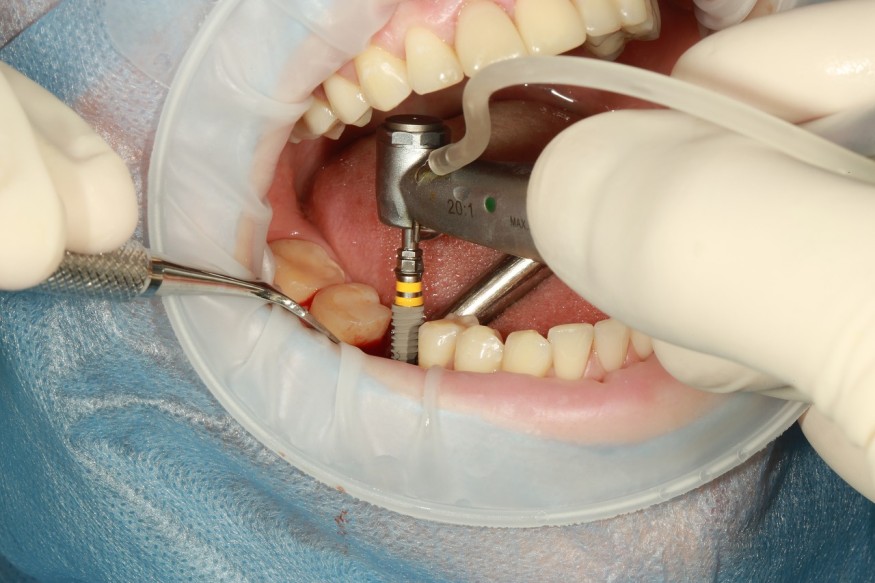
Most people dread a trip to the dentist. However, practices and treatments have improved so much in recent years that, really, these days a spell in the dentist's chair should mostly just be part of a quick visit.
The majority of serious dental problems are avoidable, so long as you follow a sensible diet and maintain a strict dental health routine. Also, visiting the dentist regularly (every six months) will help prevent problems from developing in the first place.
Nonetheless, there are times when surgery might prove to be the only way to fix larger underlying problems. Here are five of the more common dental surgery routines.
Wisdom tooth removal
The wisdom teeth are the last to develop and sometimes there simply isn't enough space for them to grow. As wisdom teeth typically appear in young adults between the ages of 17 and 25, the mouth may already be full and problems can develop if there isn't enough space in the gums - including oral infections. Sometimes a dentist will suggest removing problem wisdom teeth as a preventative measure.
Any type of tooth extraction is a quite complex operation that will usually require a few days of recovery. Before surgery, your dentist will provide you the price to extract your wisdom teeth. Also, during the recuperation period, you must follow your dentist's instructions to reduce bleeding or the chance of blood clots while also speeding up recovery time.
Reconstructive surgery
Unfortunately, accidents can and do happen. However, reconstructive surgery to the mouth following an injury can provide victims with full dental functions. There are two main types of reconstructive dental surgery - soft-tissue work and fracture operations. Soft-tissue procedures normally deal with damage to the skin or gums whereas fracture surgery will look to fixing bone damage - including, if required, fully reconstructing the jawbone.
Dental implant surgery
Perhaps more than any other technology, the use of implants has transformed dentistry over recent years. Implants are commonly used to replace the teeth in patients that have suffered some form of tooth loss - perhaps caused by gum disease, cancer or decay. Embedding implants into the patient's gums gives hope to those who have lost their teeth. Titanium or titanium alloy implants are placed in the gum to secure false teeth, restoring the smile in patients.
Cosmetic surgery
There are many reasons why a patient might opt for cosmetic surgery - perhaps to improve their smile or fix small imperfections. Whatever the reason, cosmetic surgeries are optional rather than medically required and most often involve simple processes that can be performed under local anesthetic. Common cosmetic treatments include tooth whitening, fixing discolored or stained teeth or veneers.
Root canal surgery
Root canal treatment is widely accepted to be the most common form of dental surgery and the process has saved the removal of countless teeth over the years. Root canal treatment is used to treat the core underneath a tooth's enamel. Often this pulp can become infected by bacteria in a decayed tooth resulting in pain or further complications. Root canal addresses this common problem by extracting the decay and infection.
© 2026 NatureWorldNews.com All rights reserved. Do not reproduce without permission.





